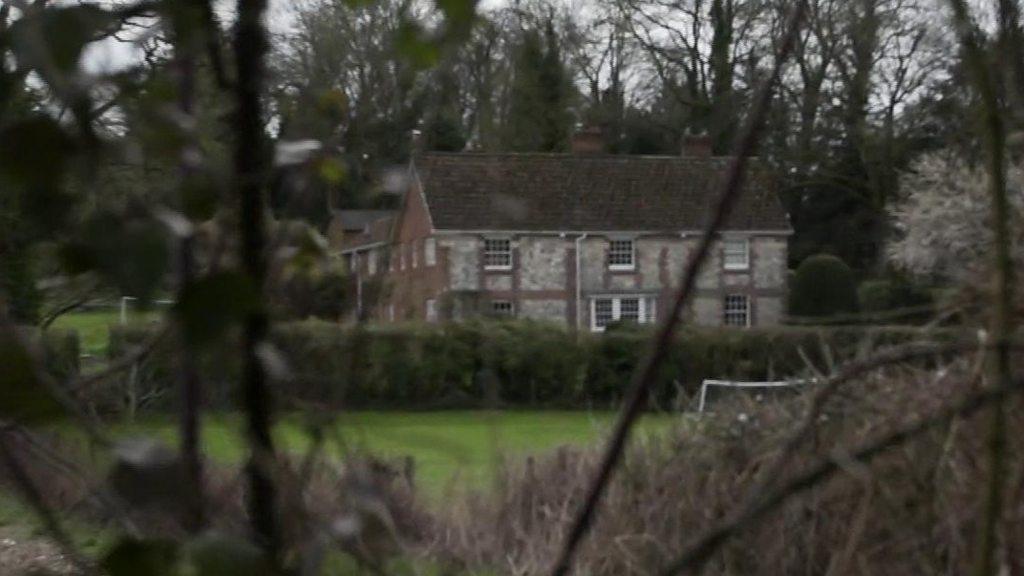Archbishop of Canterbury issues 'personal apology' over charity abuse
- Published
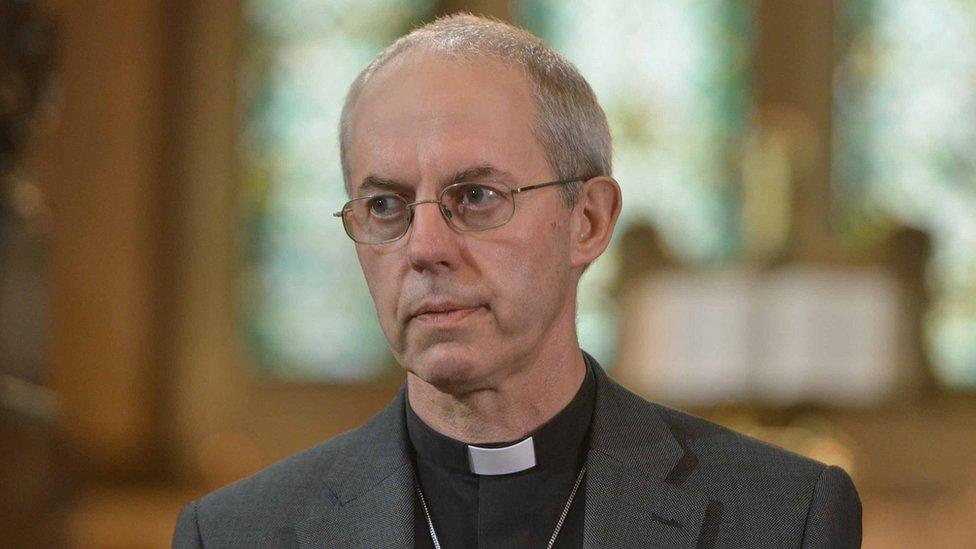
The Archbishop of Canterbury has issued a "full personal apology" to the survivors of abuse by former barrister John Smyth QC in the 1970s and 80s.
Smyth, who died aged 77 in 2018, violently beat boys who attended Christian summer camps.
Justin Welby said: "I am sorry this was done in the name of Jesus Christ by a perverted version of spirituality and evangelicalism."
Survivors who recently met Mr Welby welcomed him "taking responsibility".
In a statement issued by Lambeth Palace, the archbishop said: "I continue to hear new details of the abuse and my sorrow, shock and horror grows.
"The Church has a duty to look after those who have been harmed. We have not always done that well."
He said the Church's safeguarding team will investigate every clergyperson which they suspect "knew and failed to disclose the abuse".
Mr Welby worked in the evangelical Christian camps for public schoolboys run by Smyth, but denies any knowledge of the abuse at the time.
Smyth beat teenage boys who had attended the camps, according to a secret report from 1982.
The report, by the charity Iwerne Trust which ran the camps, described Smyth's abuse against 22 young men. "The scale and severity of the practice was horrific," it said.
It reported that after identifying the boys, mostly from public school Winchester College, Smyth took them to his home in Hampshire and carried out lashings with a garden cane in his shed.
Eight of the boys received a total of 14,000 lashes, according to the report, written by two clergymen. Two more boys received 8,000 strokes between them over three years.
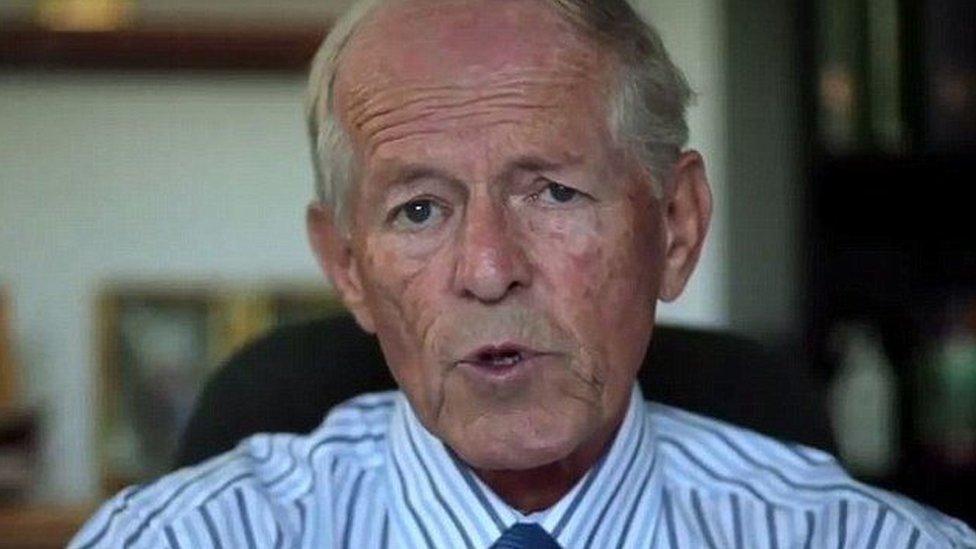
John Smyth QC was a senior member of Christian charity the Iwerne Trust in the 1970s and 1980s
Both the Iwerne Trust and Winchester College knew about the abuse in the 1980s but failed to report it to the police.
Smyth subsequently moved to Zimbabwe where he continued to run holiday camps for boys. He refused to comment on the allegations before he died.
'Horrendous'
After meeting survivors of Smyth's abuse last month, Mr Welby said the victims were "rightly concerned that no-one appears to have faced any sanction yet, when it is clear a number of Christians, clergy and lay, were made aware of the abuse in the 1980s".
He said they were angry Smyth was not stopped in 2013, when both the Church and Mr Welby were told about the abuse.
"By this time Mr Smyth had been out of the UK for nearly 30 years," Mr Welby said. "We, the Church, were unclear as to his activities abroad or indeed to the utterly horrendous scope and extent of his actions here and overseas."
"I recognise the anger of the survivors and victims but having checked that the Diocese of Cape Town was informed and that the police were properly informed and involved our jurisdiction did not extend further."
Mr Welby also apologised to survivors that it had taken him so long to meet them personally.
In response, a group of survivors welcomed his statement and called for those who knew about the abuse at the time to come forward.
"We are pleased that the Archbishop of Canterbury is taking responsibility and acting as a good example for the other culpable parties involved in our story," they said in a statement.
"It is clear a large number of individuals, clergy and lay, have known about these abuses for over 30 years."
In 2017, Mr Welby issued what he described as a "general apology" on behalf of the Church of England, "before we understood the full horror and scope of the abuse".
The Church of England has commissioned an independent review of its handling of allegations against Smyth, led by former director of social services Keith Makin.
Mr Welby said the review, which is expected to conclude in summer, would be published in full.
If you or someone you know has been affected by issues raised in this story, sources of support are available at the BBC Action Line. For example, you can call Samaritans free on 116 123, email them at jo@samaritans.org, or visit www.samaritans.org to find your nearest branch.
Related topics
- Published12 August 2018

- Published2 February 2017
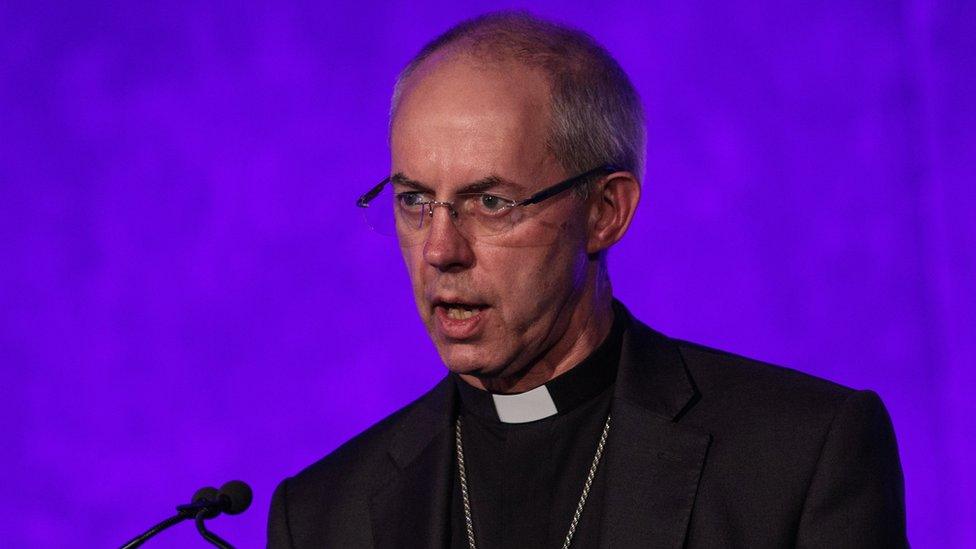
- Published6 February 2017
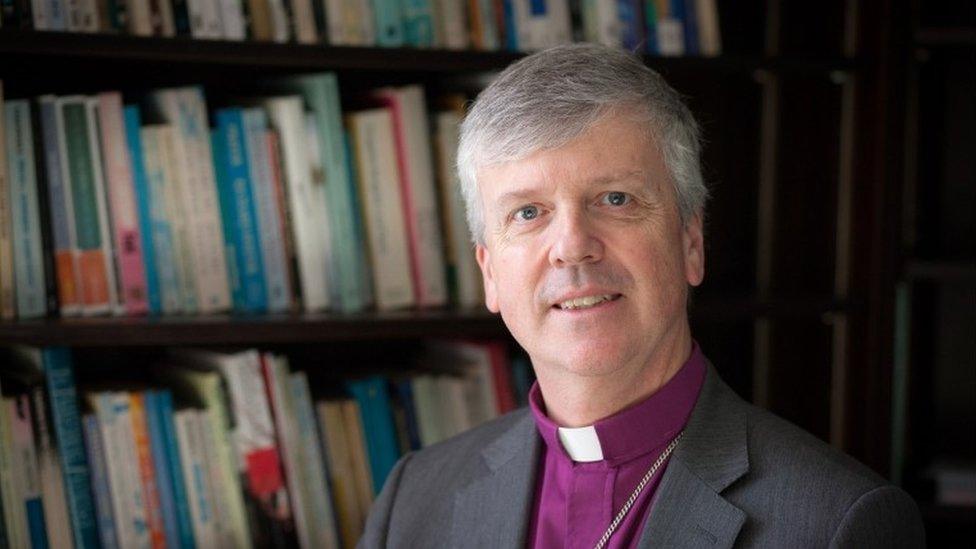
- Published10 April 2017
